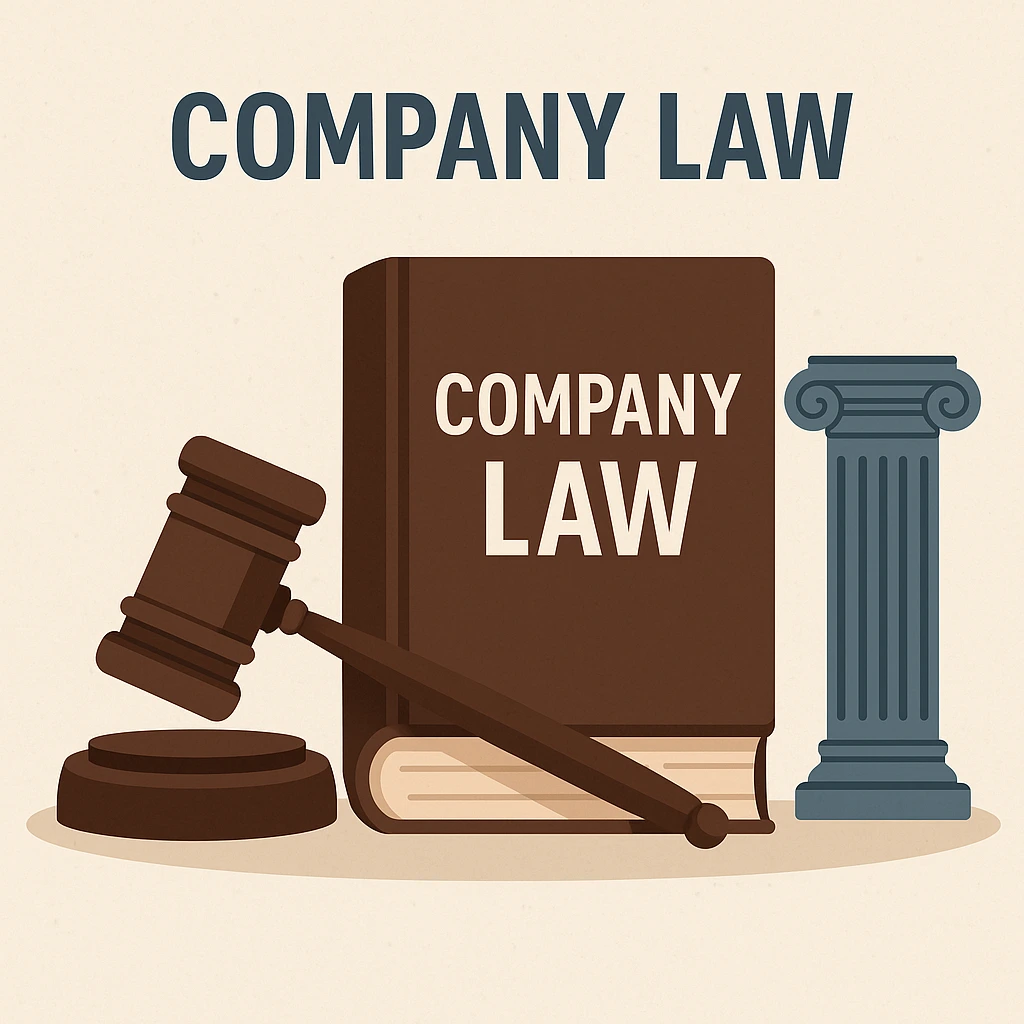Foss v. Harbottle (1843) established pivotal corporate law doctrines: the proper plaintiff rule and majority rule principle. These principles, guiding internal company disputes and shareholder rights, promote corporate autonomy. Yet, their initial strict enforcement imperilled minority shareholders. Consequently, contemporary legal systems developed exceptions and statutory protections for minorities, upholding the original doctrines’ spirit.
Doctrines Founded in Foss v. Harbottle
-
Proper Plaintiff Rule
The foundational doctrine dictates that the only appropriate claimant for a corporate injury is the entity itself, not an individual stakeholder. This requirement flows from the independent legal status of the company, reaffirmed by the court in Salomon v. Salomon & Co. Ltd ¹, emphasizing that liabilities and rights are strictly corporate, separate from members. This proper plaintiff mechanism prevents excessive litigation and reinforces corporate policy, ensuring investors rely on internal mechanisms, like board resolutions or general meetings, before seeking outside legal recourse.
-
The Majority Rule Principle
Corporate decisions are guided by the principle of majority rule, shielding internal shareholder matters from judicial review. This democratic tenet presumes shareholders act in the company’s best interest. As explained in Shaw & Sons (Salford) Ltd v. Shaw ², courts should not usurp the role of internal governance, thereby fostering efficiency by prioritizing shareholder votes and established processes.
Modern exceptions that Protect Minority Shareholders
As time passed it gradually became apparent that rigid application of these doctrines threatened to empower unscrupulous majority shareholders and directors, which would, in turn, possibly lead to the misuse of corporate power and unfair prejudice. As a rule, there were exceptions and other statutory protections that balanced corporate democracy with fairness.
-
Ultra Vires / Illegal Acts
Where the decision is illegal or outside the company’s capabilities (ultra vires) it cannot be validated by a majority. In such cases, minority shareholders may intervene judicially, since no legitimate corporate act may validate illegality. This exception was recognized in Smith v. Croft (No. 2) ³, allowing minority challenge on the grounds that proposed actions infringe not only the law but the constitution.
-
Acts Requiring Special Majority
Where company law or its constitution mandates a special resolution, such an action taken by means of a simple majority vote may be challenged. This stops procedural manipulation. In <strong>Edwards v. Halliwell the Court acknowledged this exception where membership fees were raised by a trade union without the qualified majority.
-
Fraud on the Minority
A vital legal pathway opens when majority wrongdoers exploit their voting control to defraud minority interests, prompting immediate judicial action to remedy the unfairness. This precedent, notably established in Cook v. Deeks ⁵, involved directors stealing a corporate opportunity for personal profit and trying to ratify the action. The court invalidated the vote, declaring that numerical supremacy must not become an instrument of fraud.
-
Infringement of Personal Rights
If a shareholder is deprived of his own membership rights—including inspection rights, voting rights, or entitlement to declared dividends—an individual may sue in their own capacity. A defining feature of this category is outlined in Pender v. Lushington ⁶, which held that voting rights are personally enforceable rights.
-
Just and Equitable Winding Up:
Judicial dissolution on “just and fair” grounds is a paramount exception to the Foss v Harbottle rule of non-intervention. A shareholder minority may seek corporate termination when the foundational purpose disappears or, crucially, when the requisite mutual confidence among quasi-partners collapses, as exemplified by Ebrahimi v Westbourne Galleries.
-
Derivative Actions
Modern company law now clearly acknowledges derivative actions, allowing minority shareholders to sue on behalf of the company where wrongdoers control the company. The courts were receptive to this mechanism in Wallersteiner v. Moir (No. 2) ⁷, and statutory changes like the UK Companies Act 2006 and India’s Companies Act 2013 (Sections 241–244) now codify these rights.
In most Commonwealth jurisdictions (India, Singapore, Malaysia, Hong Kong, Australia, etc.), the statutory oppression/unfair prejudice remedy (e.g., India ss. 241–246 (oppression and mismanagement, equivalent to UK s. 994), Singapore s. 216, Malaysia ss. 346–347, and Australia ss. 232–234 Corporations Act) has become the main and most widely employed form of minority protection, largely eclipsing the derivative action in practice. The separate statutory derivative action in India is governed distinctly under s. 245 (as amended). Foss v. Harbottle is still central to corporate personality and majority rule; yet contemporary developments—through these exceptions and remedies—ultimately balance corporate autonomy with strong safeguards against oppression and unfair prejudice.
End-Notes
- Salomon v. Salomon & Co. Ltd [1897] AC 22 (HL).
- Shaw & Sons (Salford) Ltd v. Shaw [1935] 2 KB 113.
- Smith v. Croft (No. 2) [1988] Ch 114.
- Edwards v. Halliwell [1950] 2 All ER 1064.
- Cook v. Deeks [1916] 1 AC 554 (PC).
- Pender v. Lushington (1877) 6 Ch D 70.
- Wallersteiner v. Moir (No. 2) [1975] QB 373.






